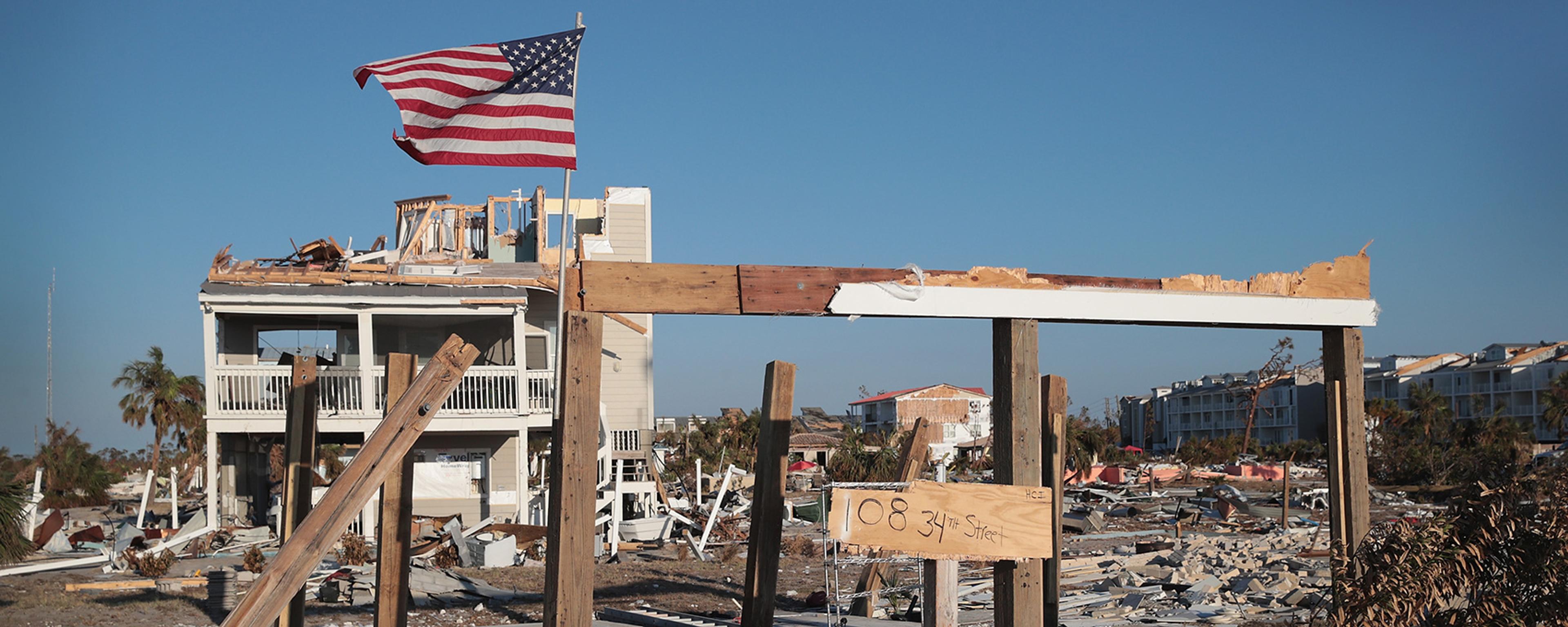
The insurance catastrophe
Whole regions of the world are now uninsurable, bringing radical uncertainty to the economy. How do we fix the problem?
Popular this month
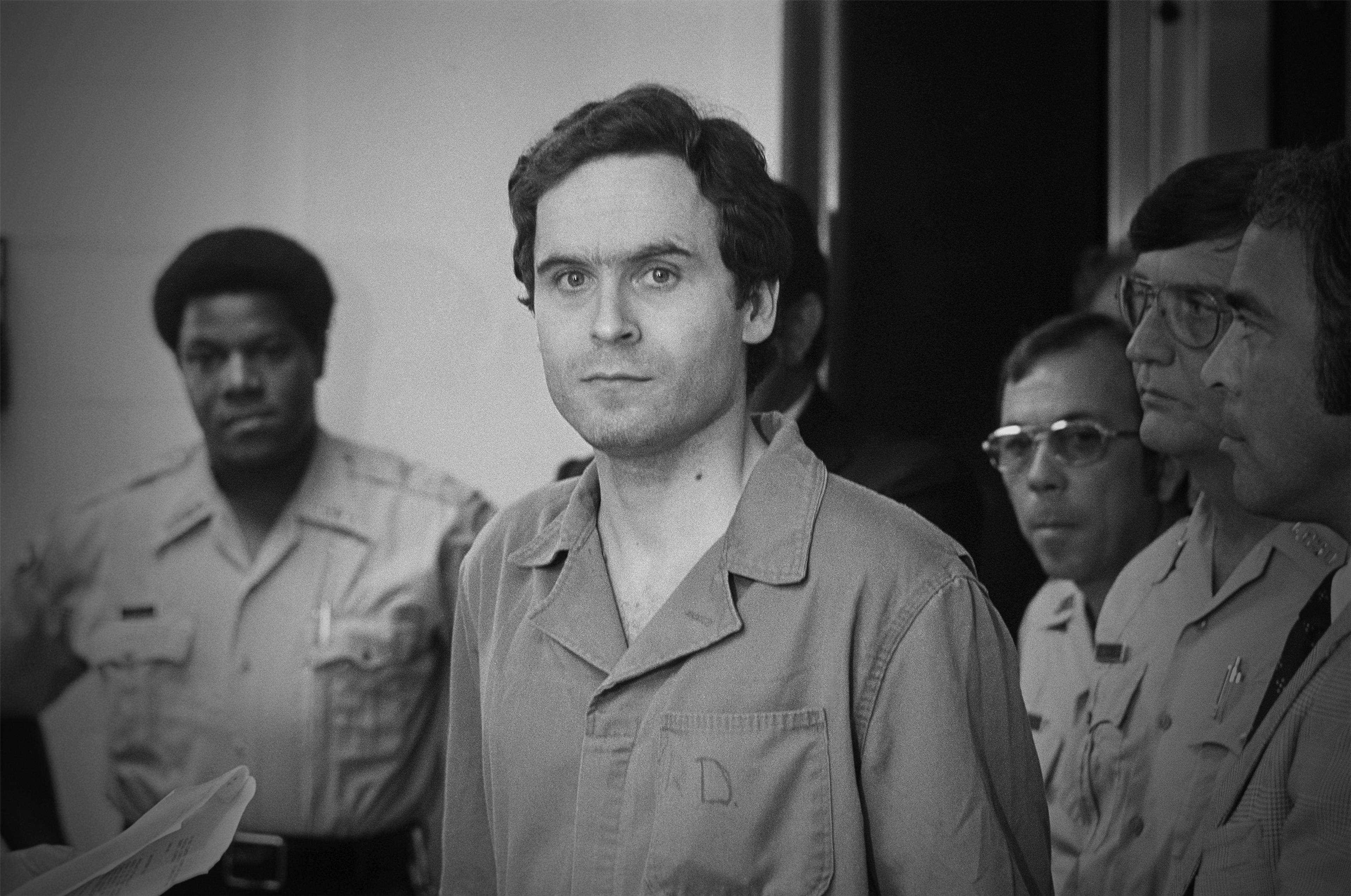
essayPersonality
There are no psychopaths
Virtually everything you think you know about psychopathy has been thoroughly debunked. Why does this zombie idea live on?
Rasmus Rosenberg Larsen

essayTechnology and the self
Books and screens
Your inability to focus isn’t a failing. It’s a design problem, and the answer isn’t getting rid of our screen time
Carlo Iacono
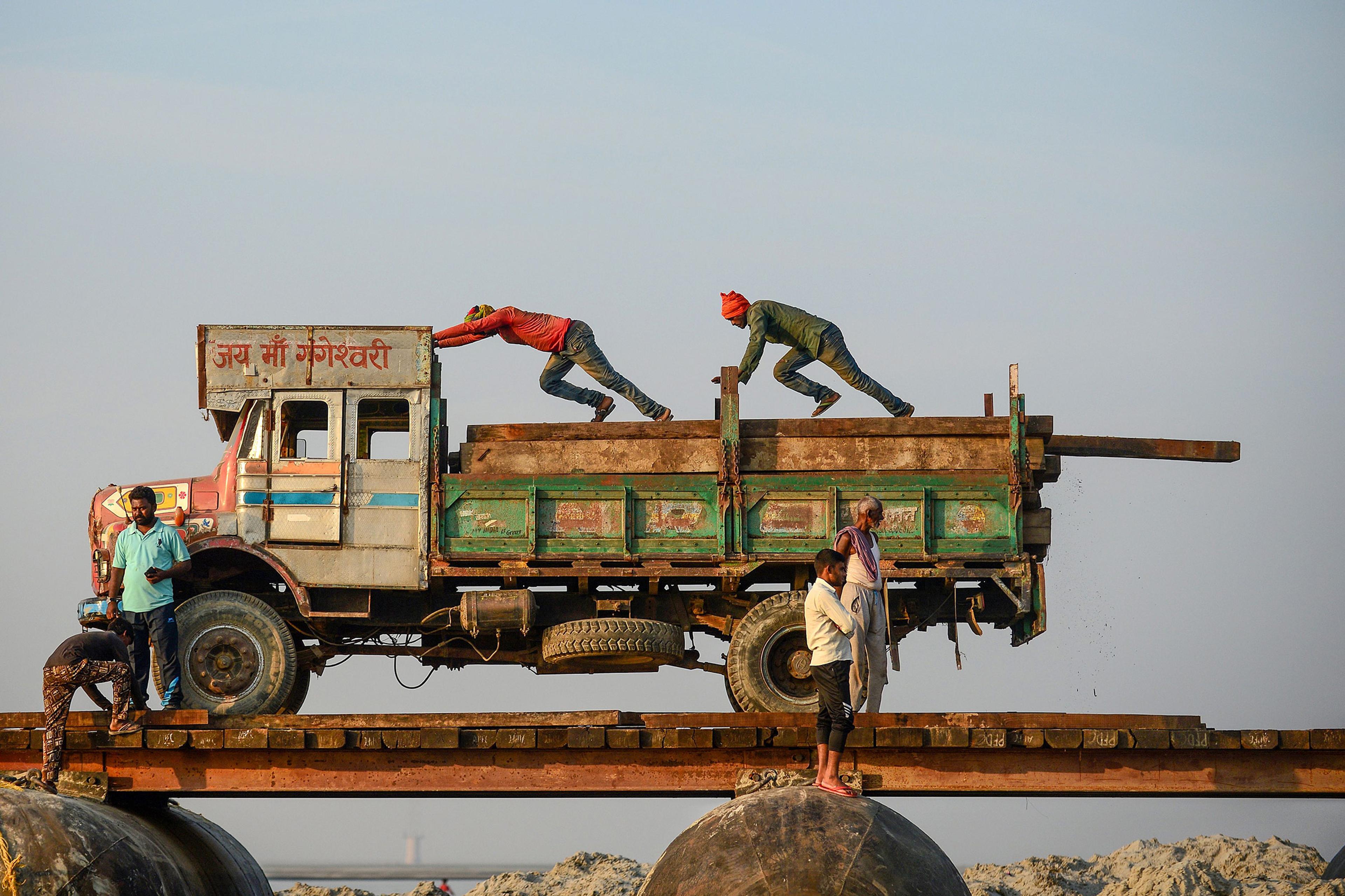
essayHuman evolution
How selfish are we?
An age-old debate about human nature is being energised with new findings on the tightrope of cooperation and competition
Jonathan R Goodman

essayComparative philosophy
Between being and emptiness
In Japanese philosophy, unlike the atomised Western self, we are ‘ningen’ (人間), each enmeshed with other humans and nature
Takeshi Morisato
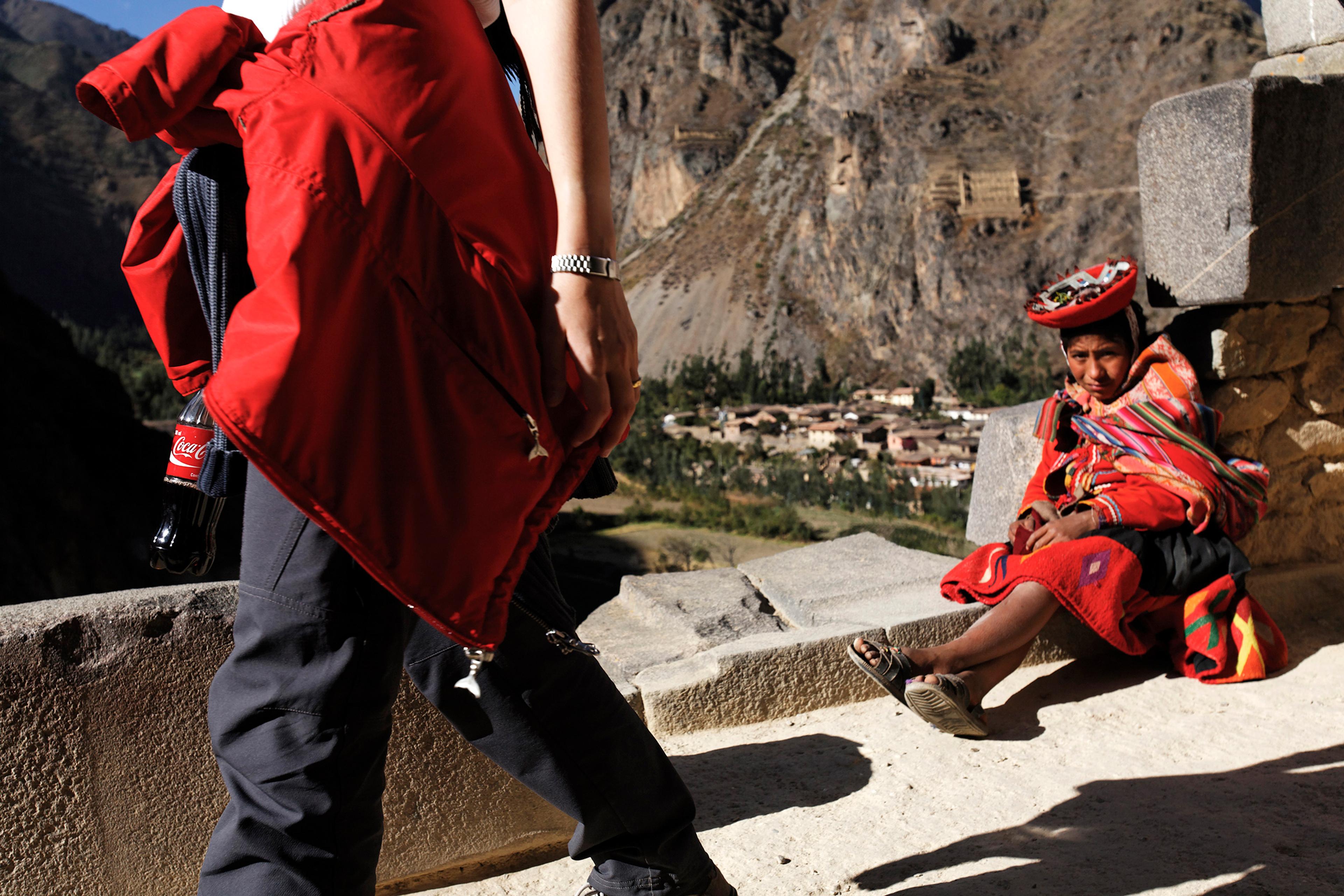
essayNations and empires
Who is Walter Mignolo?
A prominent architect of decolonial theory, his diagnosis of European colonial ills is both penetrating and flawed
Federico Perelmuter

videoGlobal history
Why this once-banned Russian painting remains controversial
25 minutes

essayPersonality
There are no psychopaths
Virtually everything you think you know about psychopathy has been thoroughly debunked. Why does this zombie idea live on?
Rasmus Rosenberg Larsen

videoAgeing and death
When half of a couple that plans to live forever dies
12 minutes

essayPolitics and government
The presence of power
The Indian thinker Rammohun Roy believed that good governance must be close: distance made the British Empire cruel
Shomik Dasgupta

videoSports and games
Elite high-divers take the plunge in this dazzling short
7 minutes
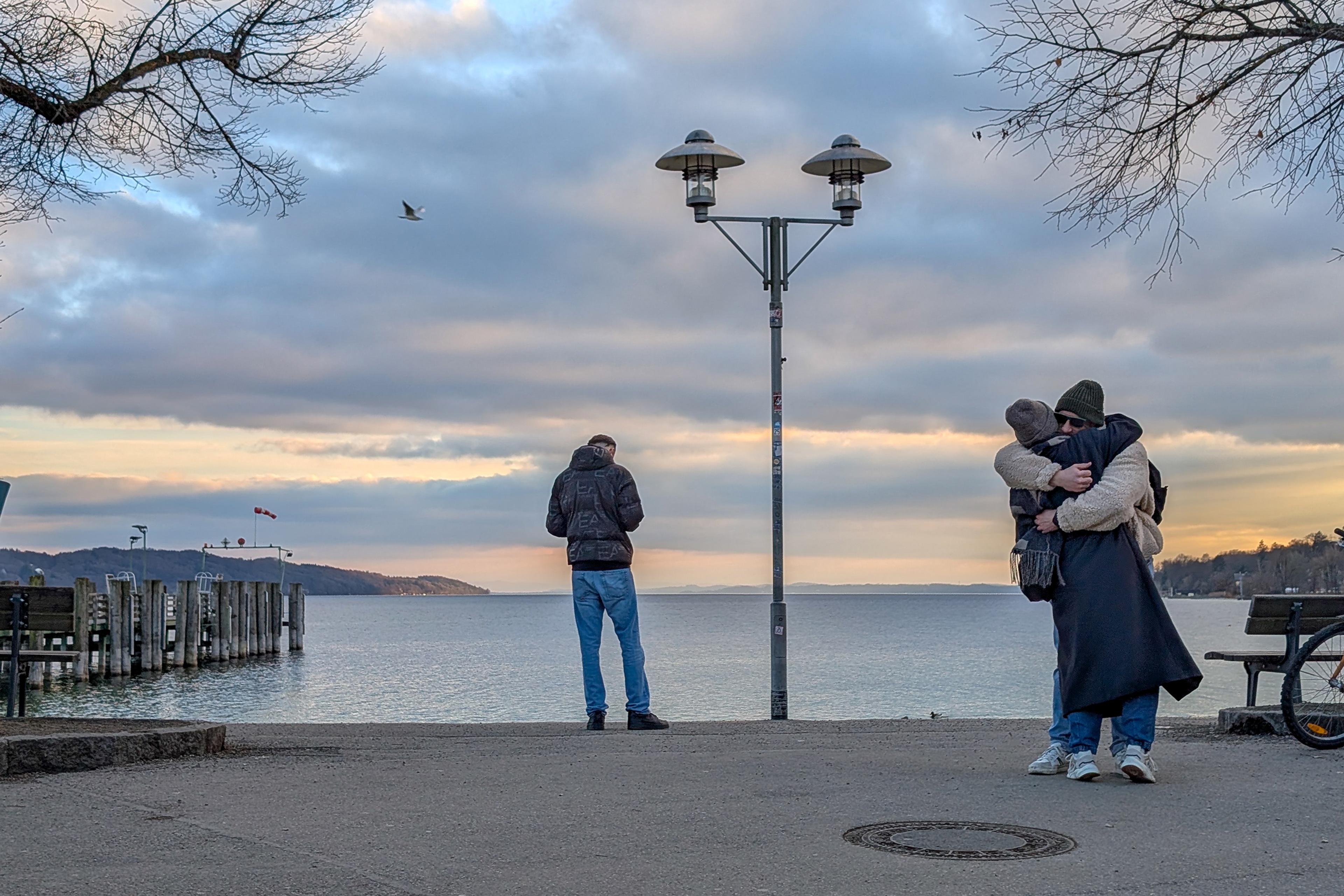
essayMeaning and the good life
The six-second hug
From art to religion to sex, instrumentalisation has drained away intrinsic value. But life is about more than material benefits
Julian Baggini

videoThe ancient world
A tour of Pompeii as it was just before its destruction
14 minutes
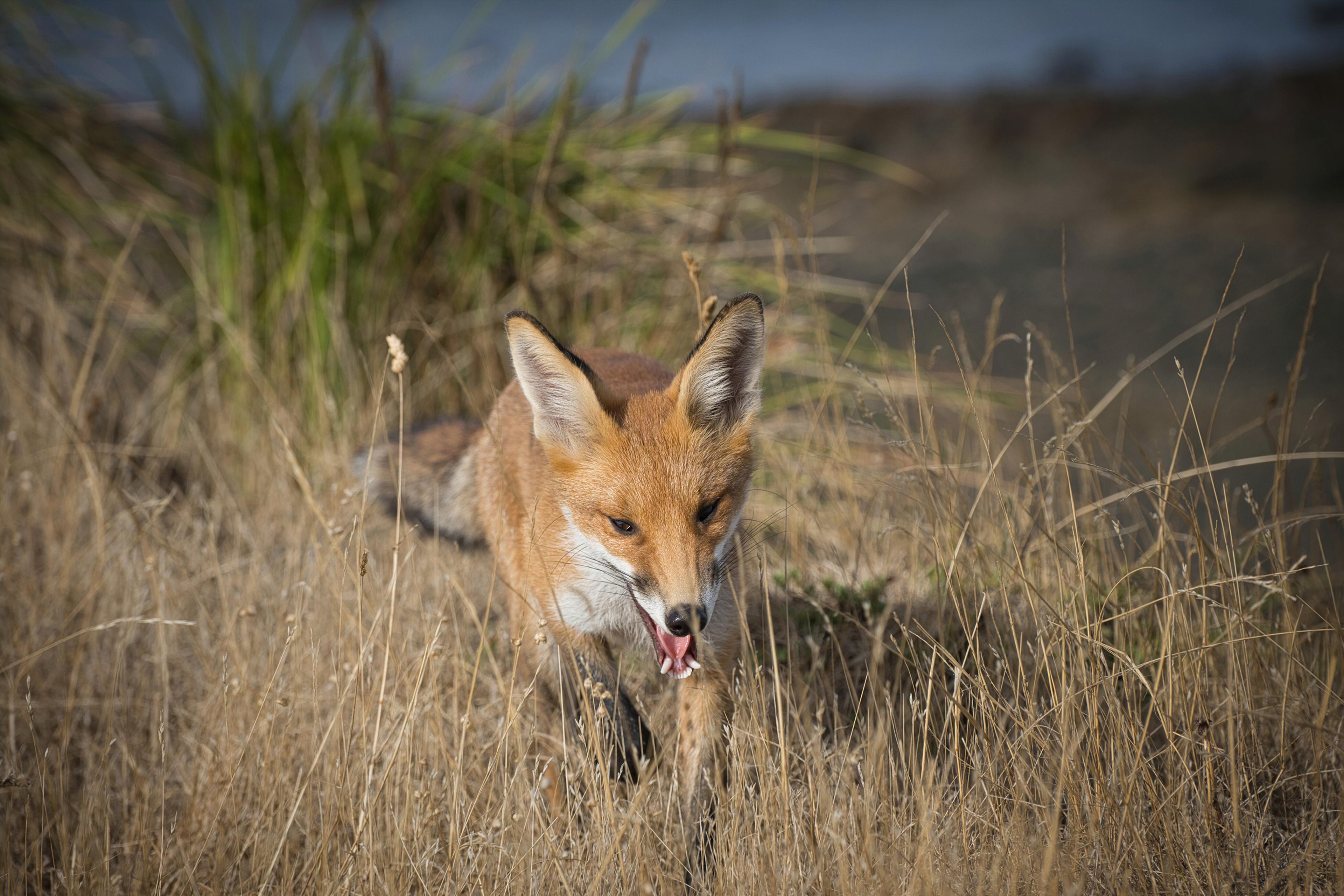
essayEcology and environmental sciences
Conservation’s prejudice
Ecology is pervaded by a nativist dogma against invasive species that distorts the science and undermines wildness
Carlos Santana
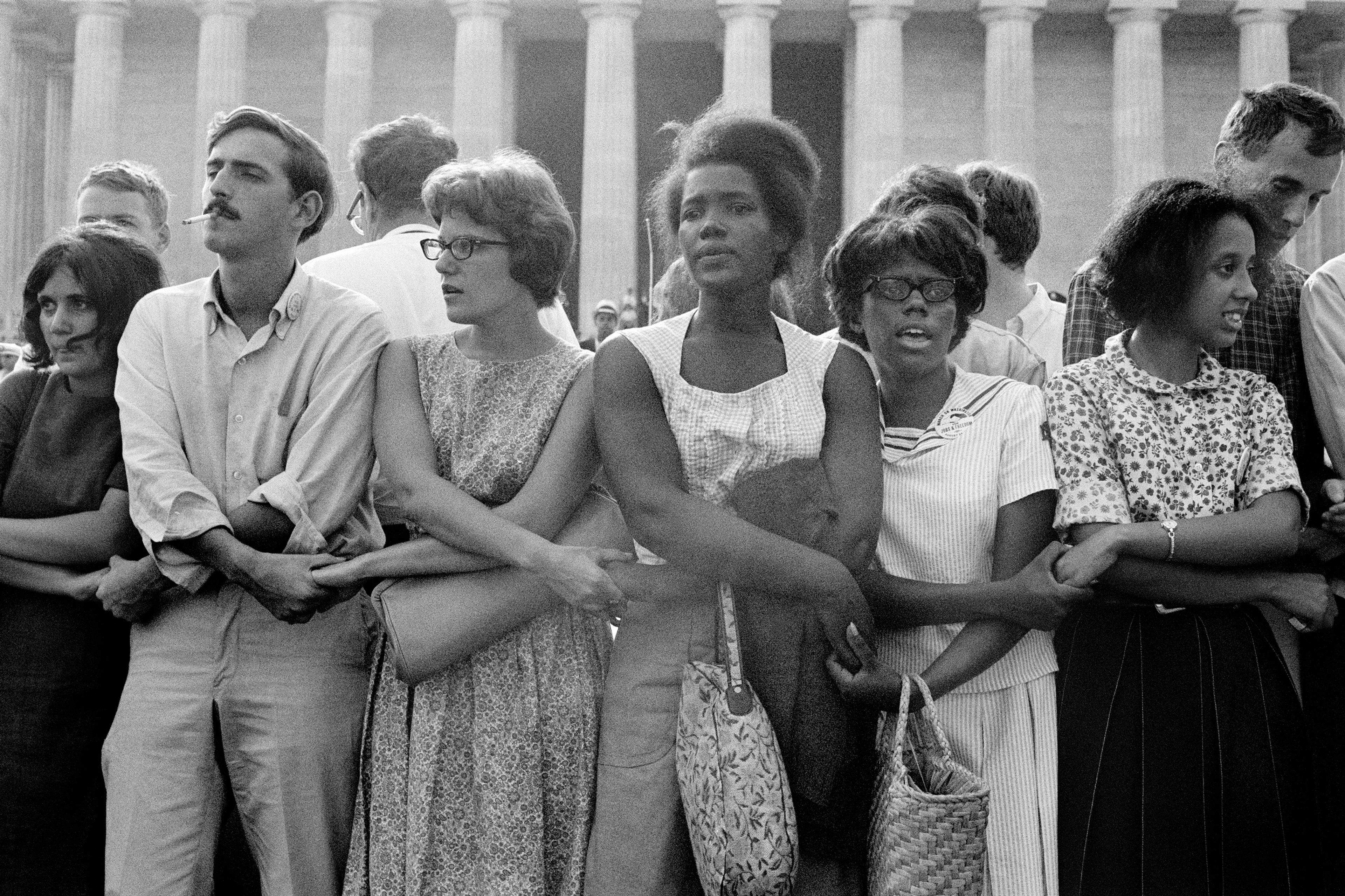
essayEthics
Going-against-the-grainers
If our ethical beliefs come from our social environment, how do some people find the moral courage to defy convention?
Dane Leigh Gogoshin

videoInformation and communication
AI isn’t merely bad at writing. It does not and cannot write
40 minutes

essayTechnology and the self
Books and screens
Your inability to focus isn’t a failing. It’s a design problem, and the answer isn’t getting rid of our screen time
Carlo Iacono

videoArt
Transforming landscape painting into a portal through time
10 minutes

essayComparative philosophy
Mexistentialism
The Mexican embrace of uncertainty, forged in the crucible of history, captures the true vulnerability of our existence
Carlos Alberto Sánchez
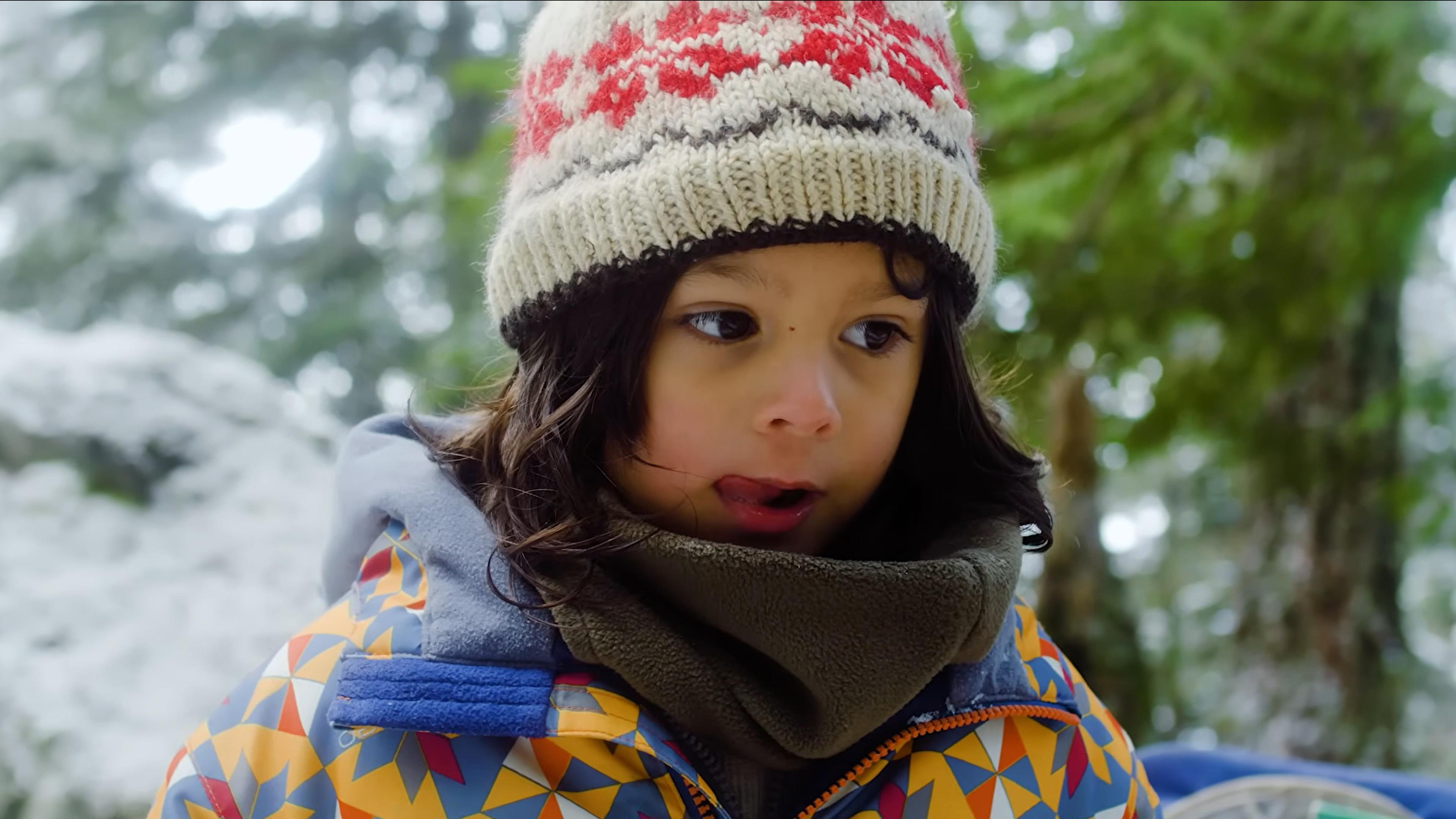
videoNature and landscape
A father and son’s search for the line where the snow starts
12 minutes
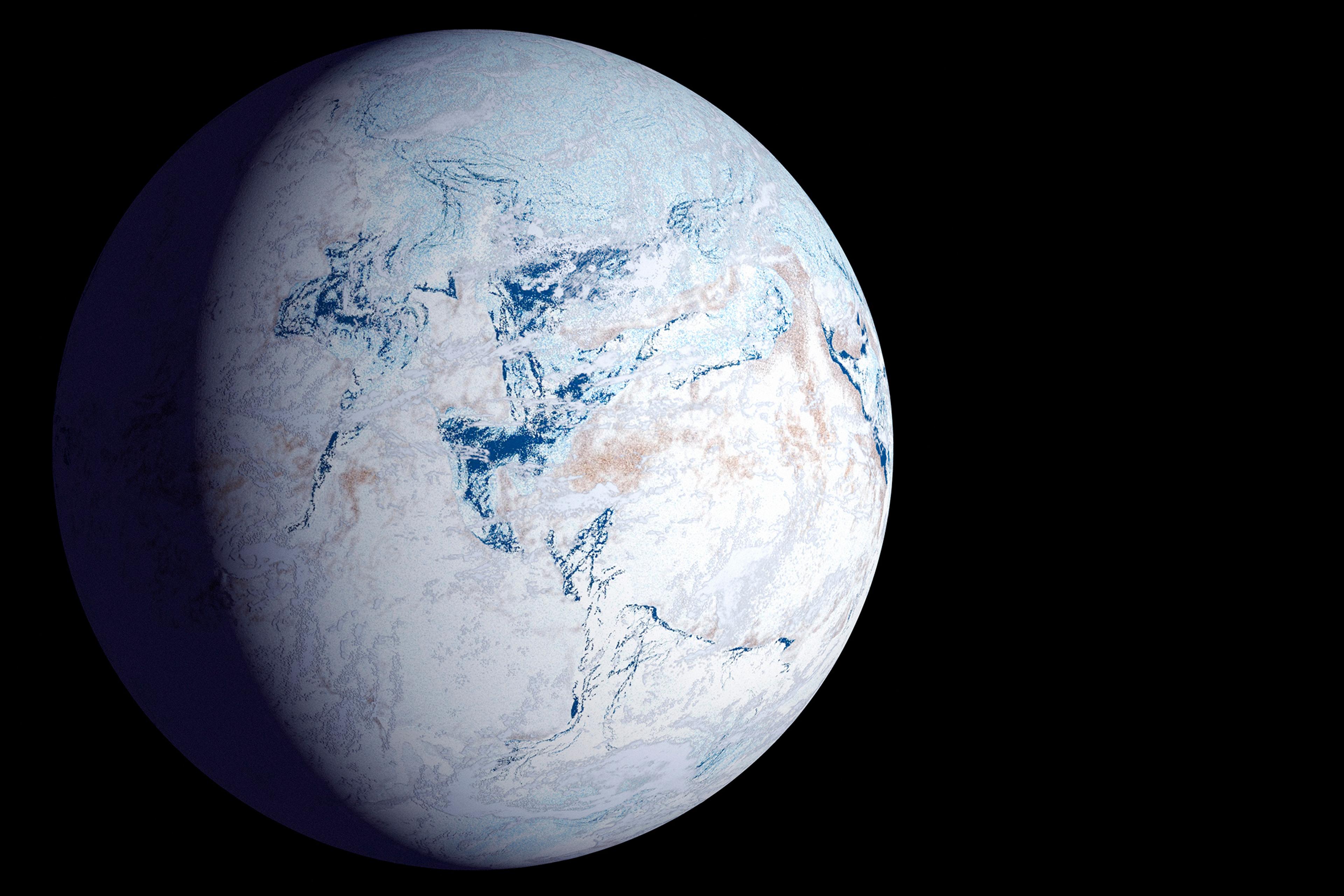
essayEarth science and climate
The snowball effect
Our planet was once a harsh, alien, icy world. Yet this deep freeze may have shaped you, me and all life on Earth
Graham Shields

essayPolitical philosophy
Guarding the guardians
Good institutions are social technologies that scale trust from personal relations to entire nations. How do they work?
Julien Lie-Panis

videoLove and friendship
An action-figure maker’s outsized tribute to his late brother
15 minutes

essayStories and literature
Subverting hell
In their visions of the underworld Dante and Milton were truly subversive, incorporating predecessors into their own repudiation
Charlie Ericson

videoAnimals and humans
A musical ode to Indian wool and life on the Deccan Plateau
8 minutes

essayArchitecture
Compost modernity!
The vision of solarpunk: joining nature with technology in vibrantly inclusive ways to create a world that truly blooms
Yogi Hale Hendlin

videoPhysics
Time is real – if you view it through the lens of heat
6 minutes

essayBiology
Orcas and ourselves
Sea pandas or sadistic killers? These enigmatic creatures invite contradictory labels that say far more about us than them
Jason Colby

essayHuman evolution
How selfish are we?
An age-old debate about human nature is being energised with new findings on the tightrope of cooperation and competition
Jonathan R Goodman
